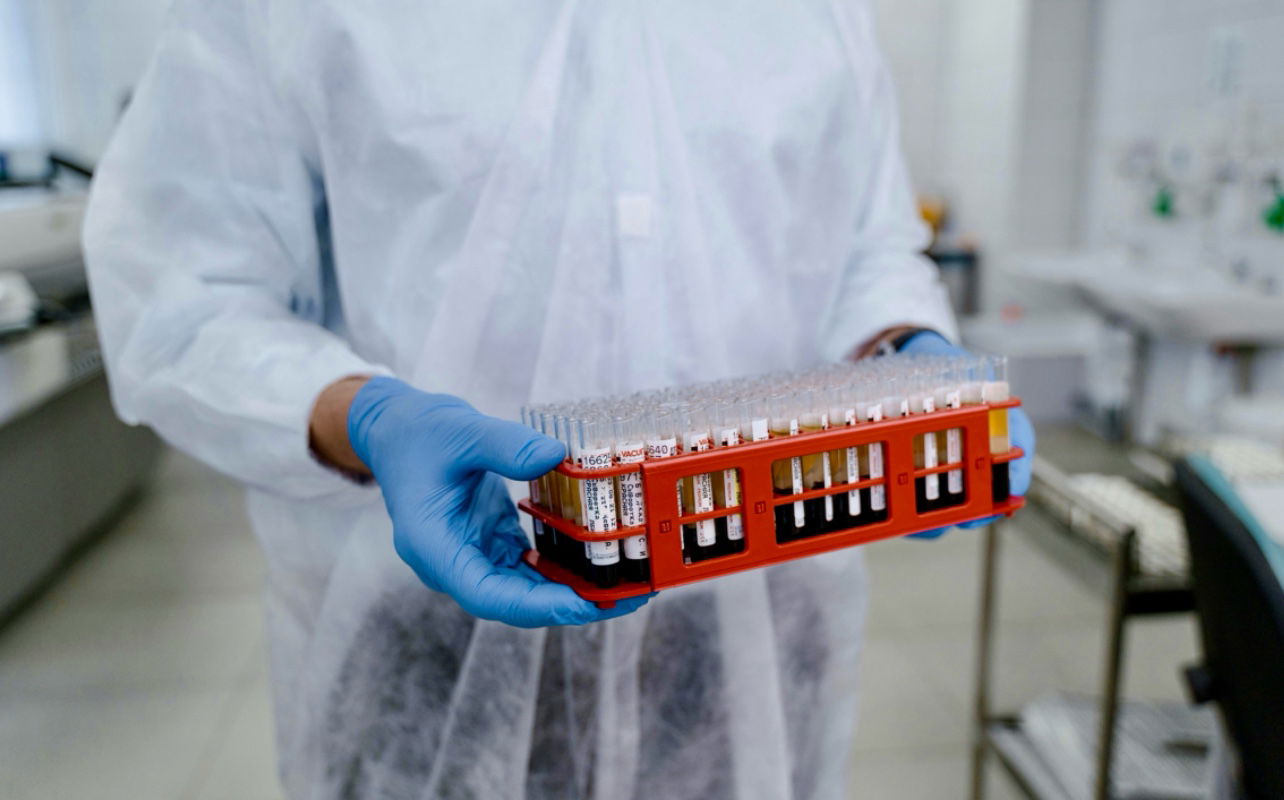
October 16, 2024
Study Reveals Barriers To Colon Cancer Screenings For Black People
According to the study led by Adjoa Anyane-Yeboah, procrastination is among the biggest barriers to getting recommended colon cancer screenings
A study conducted by Massachusetts General Hospital researcher Adjoa Anyane-Yeboah focused on barriers preventing Black people from getting their recommended colon cancer screenings, which led to the presentation of four cancer-prevention strategies that people should adopt.
According to Mass General Brigham, improving sleep health, cutting sugar-sweetened beverages, and regular use of an aspirin regimen are a few ways to cut down a person’s risk for various cancers, including colon cancer.
According to the study, led by Anyane-Yeboah, procrastination is among the biggest barriers to getting recommended colon cancer screenings.
“The most frequently reported screening barrier in all age groups was self-reported procrastination. Reasons for procrastination varied by age and included financial concerns, COVID-19 concerns, and fear of the test and bowel preparation.” The study stated. “Additional screening barriers included lack of symptoms, provider recommendation, and family history of CRC. (colorectal cancer). Most individuals, age 45–49 preferred to receive screening information from a healthcare provider (57.5%); however, only 20% reported that a provider had initiated a screening conversation.”
The study indicated that the best messaging to motivate Black people to get their colon cancer screenings is one that presents the statistics simply.
“The highest ranked message to motivate screening was ‘Did you know that colon cancer is the second leading cause of cancer death in Black and African American people in the United States? Colon Cancer can be caught early or even prevented through regular screening. Most people should begin screening at age 45’”
The study continued, “Another highly preferred message was, ‘Colon cancer is often a silent disease. Usually there are no symptoms. That’s why getting screened is important. It can help prevent colon cancer or catch it early when it is easiest to treat. Most people should begin screening at age 45.’”
According to a 2020 article published by the American Cancer Society, colorectal cancer disproportionately affects Black people.
According to their statistics, Black people are 20% more likely to get colon cancer and approximately 40% more likely to die from the disease than other groups.
According to Durando Brooks, a medical doctor and the Vice President of Prevention and Early Detection at the American Cancer Society, “Colorectal cancer is the second deadliest cancer in the country,” Brooks said. “This disease is ravaging the Black community, and it is as important as ever that everyone has access to and is receiving the recommended screenings. Even during the coronavirus pandemic, necessary screening tests remain available to prevent the disease or find it at an early, more treatable stage.”
According to the Memorial Sloan Kettering Cancer Center, another reason that colon cancer is difficult to treat in Black people is the way the disease resists immunotherapy and targeted therapy treatments in people who are of African descent.
According to Computational Biologist Henry Walch, this underscores a need for racially diverse cancer research studies.
“Our findings suggest that the type of molecular profiles observed in the tumors of patients with African ancestry could reduce the number of options that these patients have for treatment,” Walch said. “They also underscore the urgent need to include racially diverse populations in cancer research and drug development studies.”
Walch continued, “This study is part of a much larger effort where we are trying to tease out the multiple reasons behind poor outcomes in African American patients with colorectal cancer. Our ultimate goal is to identify opportunities to intervene and improve outcomes in this underserved community of patients.”
RELATED CONTENT: FDA Approves First Blood Test for Colon Cancer Screening